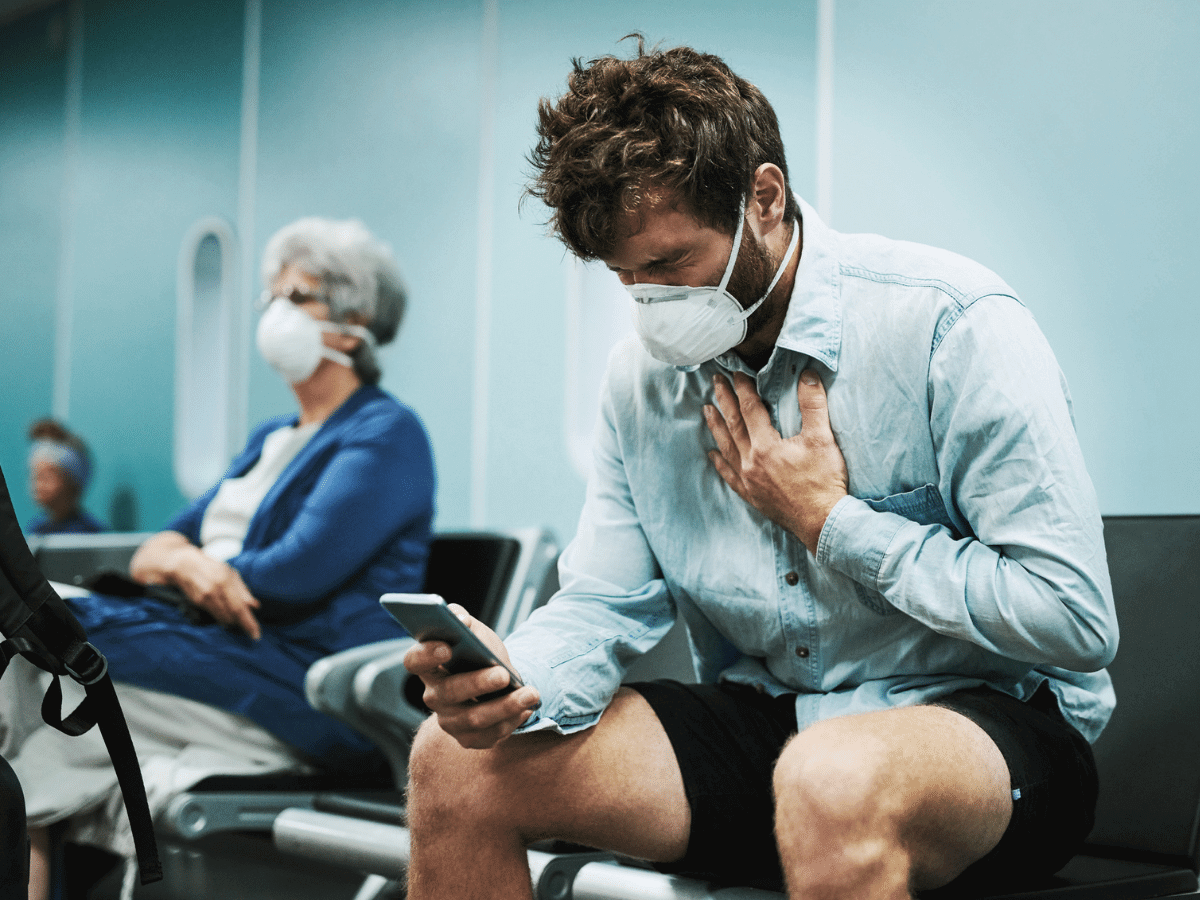Should You Be Concerned About Heart Palpitations?

The term “heart palpitations” is used to describe a wide range of abnormal sensations you may experience related to your heart. It can feel like your heart is beating too fast, beating too forcefully, skipping beats, or fluttering. Heart palpitations can be caused by many things.
If you’re wondering, “Should I be concerned about heart palpitations?”, the answer is that it’s important to understand what can cause these sensations. Having that knowledge gives you a basis for deciding when to worry about heart palpitations.
When to Worry About Heart Palpitations
Some of the causes of heart palpitations include emotional and mental health conditions like stress, anxiety or depression, strenuous exercise, use of stimulants like caffeine, nicotine and amphetamines, some cold medicines, having a fever, and hormone changes such as with menstruation or menopause. How, when and how long you experience abnormal sensations are factors in when to worry about heart palpitations.
Skipped Heart Beats: Should You Worry?
The sensation of skipped heart beats can be felt in the chest, but also in the throat or neck. It’s generally nothing to be concerned about. However, it can be a sign of something more serious if the palpitations are accompanied by certain other symptoms, as noted below.
Constant Heart Flutters: Should You Worry?
Heart palpitations often occur for brief periods and then resolve on their own. If, however, they last for more than a few minutes at a time, they may be a sign that you’re at risk for a more severe problem like cardiac arrest or heart failure.
Heart Palpitations in Pregnancy: Should You Worry?
It can be especially concerning to experience heart palpitations in pregnancy, since your life and that of your baby may be affected. Fortunately, the most common cause of heart palpitations in pregnant women is the natural increase in blood volume that occurs during pregnancy and the fact that it makes your heart work harder to move the extra fluid. Anything that causes your heart to beat more rapidly or forcefully than it’s used to can cause palpitations.
When to Seek Medical Attention for Heart Palpitations
More often than not, heart palpitations are short-lived and harmless. However, you should seek emergency medical assistance if your palpitations are accompanied by:
- Fainting
- Chest pain or discomfort
- Significant dizziness
- Severe shortness of breath
Knowing when to seek medical attention for heart palpitations can help you avoid a life-threatening health crisis.



